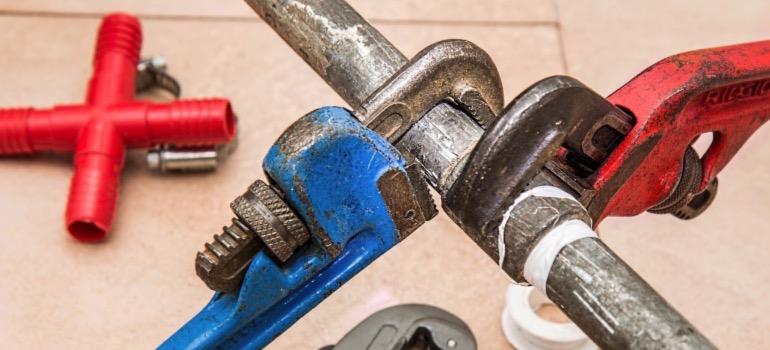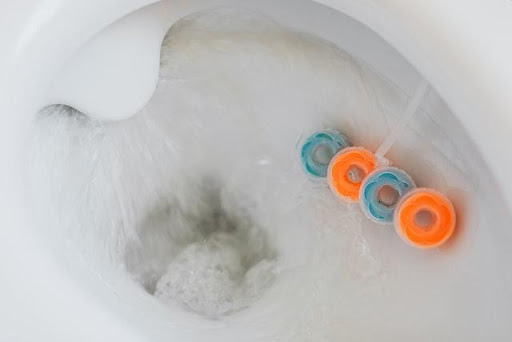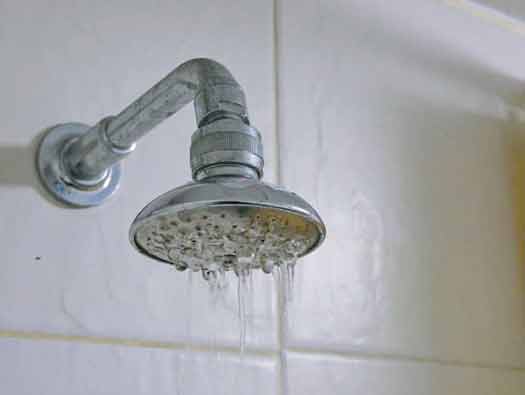
Plumbing issues are a common problem that homeowners face, and they can be quite frustrating when they reoccur. Leaking faucets, clogged drains, and burst pipes can cause significant damage to your property and result in expensive repairs. Fortunately, there are several preventive measures you can take to avoid plumbing issues from happening repeatedly. Here we will discuss some effective strategies to prevent plumbing issues from reoccurring.
Regular Maintenance and Inspections
One of the best ways to prevent plumbing issues from reoccurring is by conducting regular maintenance and inspections of your plumbing system. By doing so, you can identify and fix minor problems before they escalate into major issues. Here are a few key maintenance tasks:
- Inspect pipes and connections for leaks
- Clean drains regularly to prevent clogs
- Check water pressure and adjust if necessary
- Test shut-off valves to ensure they are working properly
- Flush water heater to remove sediment buildup
Proper Disposal of Waste
The way you dispose of waste plays a crucial role in preventing plumbing issues. Improper disposal of waste can lead to clogs and blockages in the pipes. Here are a few guidelines to follow:
- Avoid pouring grease or oil down the drain as they can solidify and cause blockages
- Dispose of food scraps in the garbage or compost instead of putting them down the garbage disposal
- Use a drain strainer to prevent hair, soap scum, and other debris from entering the drains

Be Mindful of What Goes in the Toilet
Toilet clogs are a common plumbing issue that can be easily avoided with the right habits. Be mindful of what you flush down the toilet to prevent recurring problems. Here are a few things to avoid flushing:
- Cotton balls, swabs, and dental floss
- Sanitary products
- Wet wipes and baby wipes (even if they claim to be flushable)
- Excessive amounts of toilet paper
Protect Pipes from Freezing
In colder climates, frozen pipes can be a recurring plumbing issue. When pipes freeze, they can burst and cause significant water damage. Here are some steps to prevent frozen pipes:
- Insulate exposed pipes with foam sleeves or wrapping
- Keep the temperature in your home above freezing, even when you are away
- Allow faucets to drip during extremely cold weather to keep water flowing
- Disconnect garden hoses and shut off outdoor water sources during the winter

Addressing Water Pressure Issues
High water pressure is another common cause of plumbing problems. Excessive pressure can stress the pipes and fixtures, leading to leaks and burst pipe emergencies. On the other hand, low water pressure can be a sign of underlying issues. Here’s what you can do:
If you have high water pressure:
- Install a pressure-reducing valve to regulate water pressure
- Use water pressure gauges to monitor and adjust pressure levels
If you have low water pressure:
- Check for any leaks or obstructions in the pipes
- Clean faucet aerators and showerheads to remove mineral build-up
- Contact a local plumber to identify and address the root cause
Conclusion
By incorporating these preventive measures into your plumbing maintenance routine, you can effectively reduce the reoccurrence of plumbing issues in your home. Regular maintenance, proper waste disposal, toilet habits, frozen pipe prevention, and addressing water pressure issues are key steps to ensure a well-functioning plumbing system. Remember, when in doubt or when facing complex plumbing issues, seeking the assistance of a professional plumber is always recommended. Take proactive steps to prevent plumbing issues, and save yourself from the hassle and expenses associated with their recurrence.

